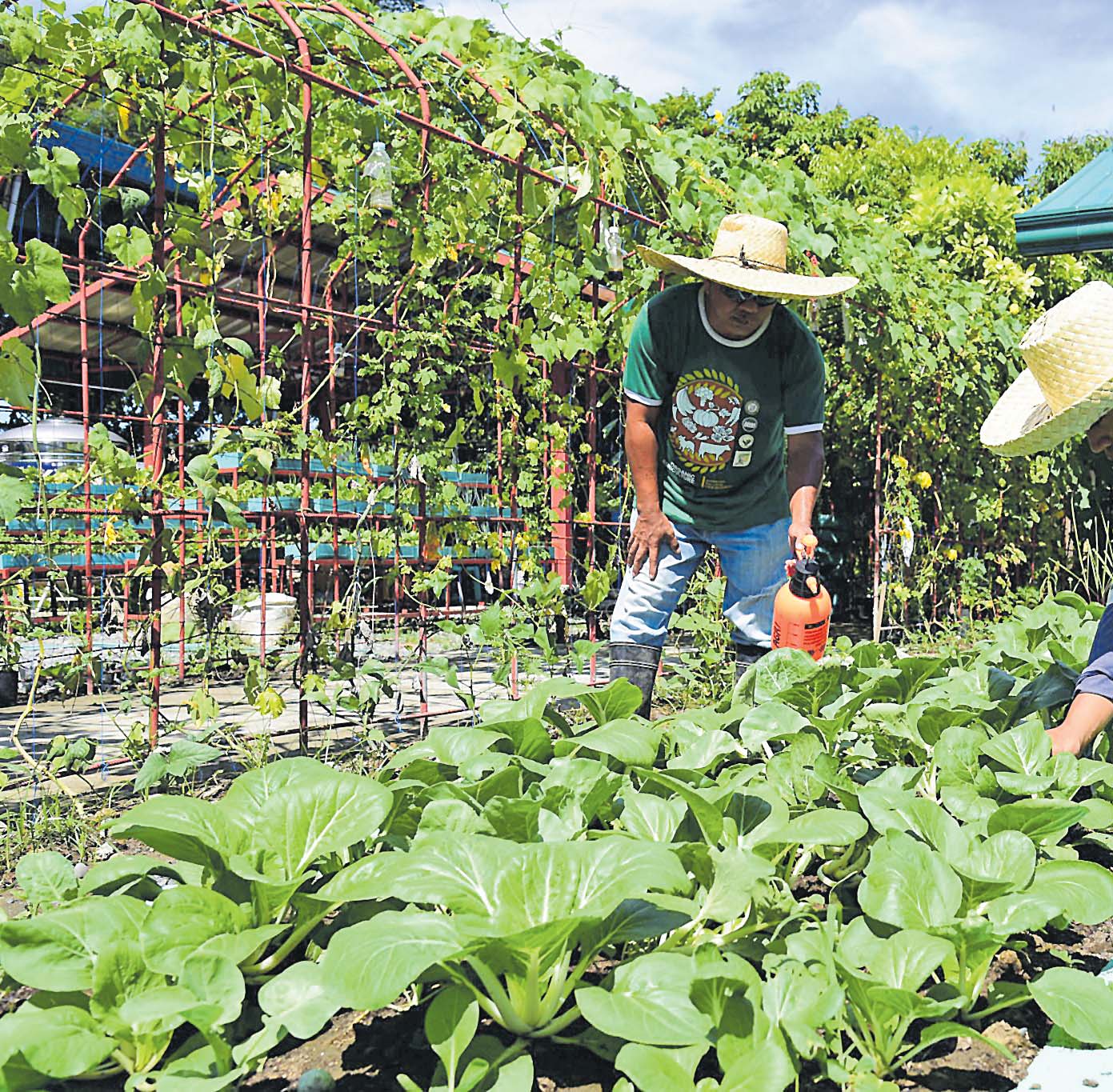In today’s unhealthy world, backyard and organic gardeners who use sustainable practices, can play an essential part of the solution to our climate change dilemma.
I consider myself a bit of a green finger because most things I’ve put into the soil so far this year have sprunt up and have already found themselves in my pot.
But I am not a very keen planter, which means I don’t walk among my growing edibles every morning or get stressed out when a seedling fails to emerge.
I just blame things on the elements. But regardless of my level of zeal or the total lack of it, I do have a small backyard plot, just outside my window.
There I’ve grown bele, ginger, cabbage, lemon grass, chillies, eggplants and as of late, an avocado plant donated by my mum’s best friend. Last week, I had the eyeopening opportunity to travel to Tailevu on the King’s Road.
I witnessed the official launching of a pilot climate action school garden at Navesau Adventist High School. Since that trip, I’ve taken my little backyard patch rather seriously.
I’ve also come to realise that, no matter how timidly small a backyard garden may be, it can contribute to reducing carbon emissions and slowing down global warming.
At Navesau Adventist High School garden, nestled between the Wainibuka River and the King’s Road, students and teachers have ventured into a green farming projected Funded by the Canadian Government and implemented by FAO, the model garden titled “ClimateSmart Agriculture and Resilient School Garden Project” is aimed at addressing two key issues – promoting healthy eating and enhancing climate change actions.
Nobody can argue the fact that every human being on earth needs food to grow, reproduce, fight diseases, think, learn and realise one’s full potential.
Food is also a basic human right and without it our bodies won’t be able to function. But accessing and eating healthy food, like fresh fruits, root crops and vegetables have become a challenge for many of us.
Fiji government health statistics are shocking, with figures showing that 85 per cent of the population is living on unhealthy diets and 80 per cent of deaths in Fiji are caused by NCDs. On top of that 70 per cent of the population is obese.
Experts are telling us that our stats on physical inactivity is also around 53 per cent, people who smoke around 30 per cent and alcohol drinkers around 60 per cent.
In terms of metabolic risk factors, high blood sugar is around 30 per cent, higher blood pressure is around 51 per cent, and the nutritional status of overweight and obese kids is around 70 per cent.
Our changing lifestyles are contributing to the problem but one of the biggest influencers is what we choose to put in our mouths every day, every week and all the time.
The Navesau project seems promising in that it hopes to create a space for students to learn and live practical experiences that they can share with their families.
According to FAO, the project deliverables include developing training programs, preparing land and installing the drip irrigation system, procuring necessary resources such as seeds and garden tools, providing classroom and practical training, and monitoring plant development until the first harvest.
Chief guest at the garden launch, Minister for Agriculture and Waterways, Vatimi Rayalu, said the project would help instil good habits among students of Navesau.
By that he meant students would acquire lifelong skills and would take with them to their respective rural and maritime villages to be champions of climate-smart agriculture themselves in their own communities.
Having a backyard garden can instil in us an acute awareness of healthy living, the need to make healthy food choices, spending prudently, prioritising food needs and good custodianship of nature and the wise use of land and free time.
From an environmental standpoint, I now realise that I need not just a backyard garden but one that is climate smart.
That means having simple gardening techniques to help reduce emissions, conserve water, and store more carbon in plants and soil.
So instead of just chucking banana peels in the garden, I will have to put all garden refuse in a compost.
Although the predictions on climate change are severe they can be avoided. The impacts will be significantly lessened if every citizen takes steps to reduce carbon pollution.
We can take actions to help both natural and human communities adapt to the changes that are already underway. Backyard gardeners are both stewards and guardians of nature and the environment.
They can make a difference in the global fight against climate change. Until we meet on this same page same time next week, stay blessed, stay healthy and stay safe.



